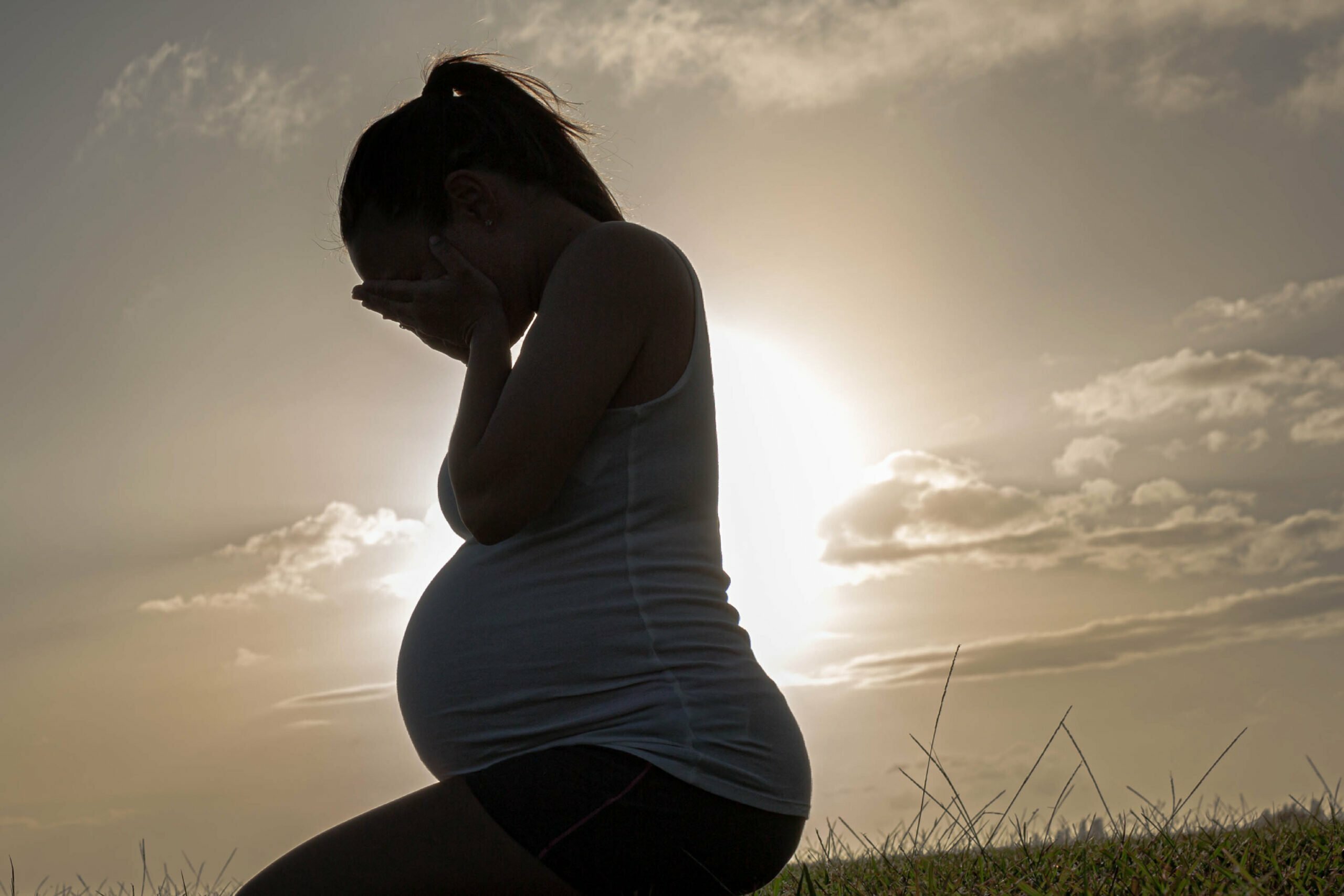An inquiry into physical and psychological birth trauma has called for a complete rework of the UK’s maternity care after thousands of ‘devastating’ reports.
The Birth Trauma Inquiry, chaired by Conservative MP Theo Clarke, heard more than 1,300 harrowing reports from parents sharing accounts of stillbirth, premature birth, babies born with cerebral palsy caused by oxygen deprivation, and life-changing injuries to women as the result of severe tearing. The inquiry heard evidence of these errors being frequently covered up by hospitals who frustrated parents’ efforts to find answers.
Amy, 37, from Middlesbrough, shared her experiences with traumatic birth: “I had my daughter in 2021. After a 38-hour labour, I had a traumatic assisted birth. First ventouse, then forceps. I struggled with PTSD and postnatal depression, plus physical pain for over a year.”
The inquiry also chronicled accounts of women not being listened to when they felt something was wrong, being mocked or shouted at, and being denied basic needs such as pain relief. “I felt that the midwives just brushed it off. As if to say, ‘this is childbirth, get on with it’” says Amy. “I spent ten months on a waiting list for mental health support, and I believe that my baby was traumatised as a result.”
After birth, about one in 10 women develop postnatal depression, while one in 25 develop posttraumatic stress disorder (PTSD). A larger number develop symptoms of psychological distress such as intense anxiety as the result of traumatic birth. The report further stresses that mental health problems after birth ‘can be debilitating and need to be taken seriously. Suicide is the leading cause of maternal death six weeks to a year after birth.’
The inquiry also stated that the most significant variations in maternal outcomes relate to ethnicity and deprivation. It found that Asian women were twice as likely to die as white women. Similarly, the maternal mortality rate for women living in the most deprived areas of the UK was more than twice as high as that of women living in the least deprived areas.
1 in 6 adults in Huddersfield South (16%) are south Asian, similar to the Kirklees average, whilst in Huddersfield North the proportion is higher at 1 in 5 (21%). Additionally, in Huddersfield, around 20,000 people live in areas defined as amongst the most deprived in England. Middlesbrough is also amongst the most deprived as it has proportionately more of its neighbourhoods in the 10% most deprived nationally than anywhere else in England.
Although Black and Asian mothers are more likely to live in deprived areas, and are therefore particularly affected by the socioeconomic disparity, MBRRACE found that stillbirth rates for babies of Black and Asian ethnicity are higher than for babies of white ethnicity in all five socioeconomic categories.
Speaking to a BBC Radio 4 Today programme, Clarke said: “I don’t think this is acceptable – that depending on where you live, you will literally be offered a different level of care in terms of how you’re given support during childbirth and afterwards.”
“Maternity care shouldn’t be a checkbox exercise.”
Amy also backs calls for an overhaul of the NHS maternity care service. “The subject has been neglected for far too long” she says, “Mothers need to be put first and medical experts need to recognise our individual differences. Maternity care shouldn’t be a checkbox exercise.”
Health Secretary Victoria Atkins said that she was determined to improve the quality and consistency of care for women: “I want to make this year not just the year that we listen, but that we act and that this is happening now.”
